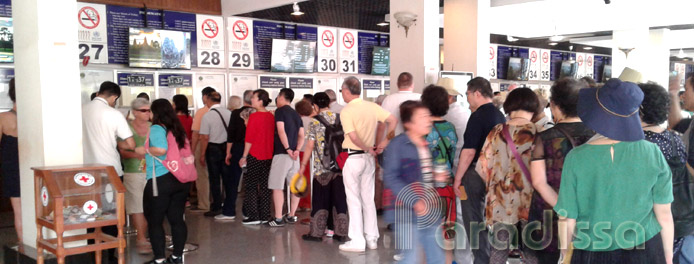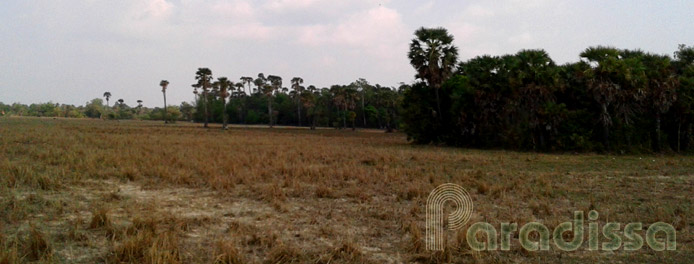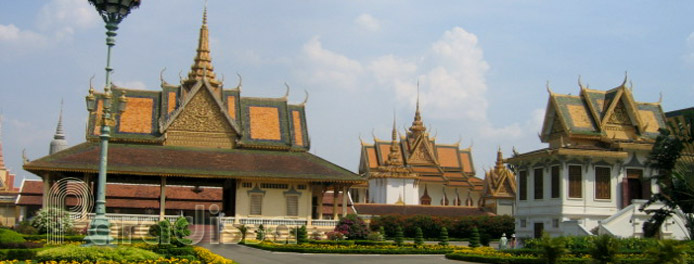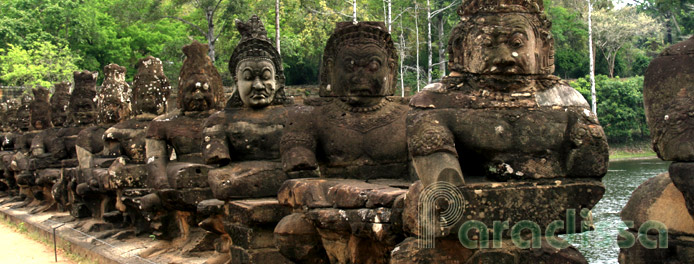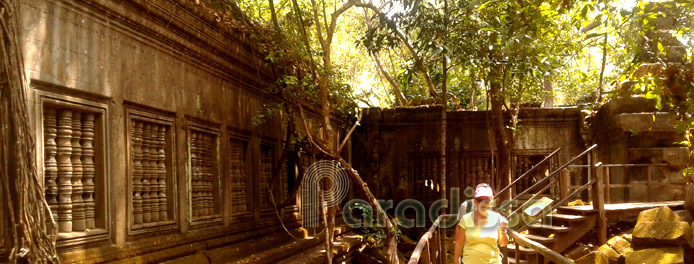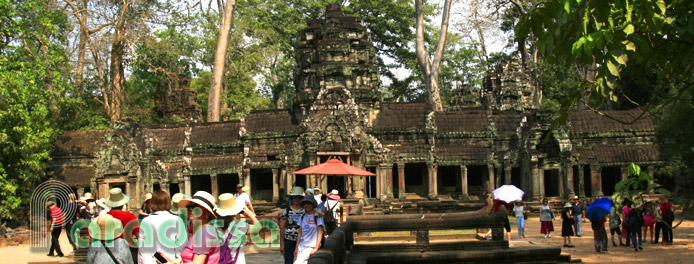Traditionally the Cambodia's economy has been based on agriculture. Most of the cultivated land is reserved for growing rice and the rest is for rubber. Besides cultivation, Tonle Sap Lake has provided an important amount of fish to the Cambodia's economy and diet. Cattle raising also supplement to the country's economy.
Cambodia gained its independence from France in 1953, but was engaged into the Second Indochina War right after that. The war caused substantial damage to the infrastructure as well as put a limit if not a halt to all economic activities. In 1975, the Pol Pot Regime took power and brought Cambodia into a self-sufficient and purely agrarian society. During this period private ownership was disallowed and meagre food supplies were distributed by the government. There was a mass campaign for mobilizing the population into the countryside for agricultural work and cities were emptied; industrial production was neglected and brought virtually to a halt.
After Cambodia was freed from the Khmer Rouge, the new government which took power in 1979 was faced with a real challenge of building the economy from ruins. During the 1980s, Cambodia was heavily dependent on foreign aids and successive market-oriented reforms were seeked by the Cambodian government in the late 1980s to dismantle the aftermath of the former regime's rule. New legislations were made to restore the right to private ownership and private businesses, to create a more liberal environment to attract foreign investment,...and more and more state assets were privatized. As a result, there was increase in agricultual production as well as industrial production and foreign investment.
The 1990s witnessed the ups-and-downs of Cambodia's economy due to civil violence, political squabbles and regional financial crisis. Still there were successive efforts made by Cambodia's government to bring the economy back to order. Cambodia's admission into ASEAN (Association of Southeast Asian Nations) in 1999 and its entry into the WTO (World Trade Organization) in 2003 have put Cambodia to new opportunities and challlenges. The country is opened to more foreign investments and to more foreign export markets. The economy experienced more stable growth. But Cambodia is still in need of funds for building the poor infrastructure. The population needs a good educational system, especially in the poverty-ridden countryside. Fear of a comeback of political instability, dysfuntional legal system and corruption may discourage further foreign investment. Also having social and economic policies aimed for the longterm benefits of the majority of the Cambodian people rather than quick profits for a few is yet to be found.



